China's national football team is facing a crucial moment in their World Cup qualifying campaign, with matches against Saudi Arabia and Australia being seen as key tests for their chances of reaching the tournament. The question arises: can the addition of several newly naturalized players, along with tactical adjustments, truly change the team's decades-long struggle?
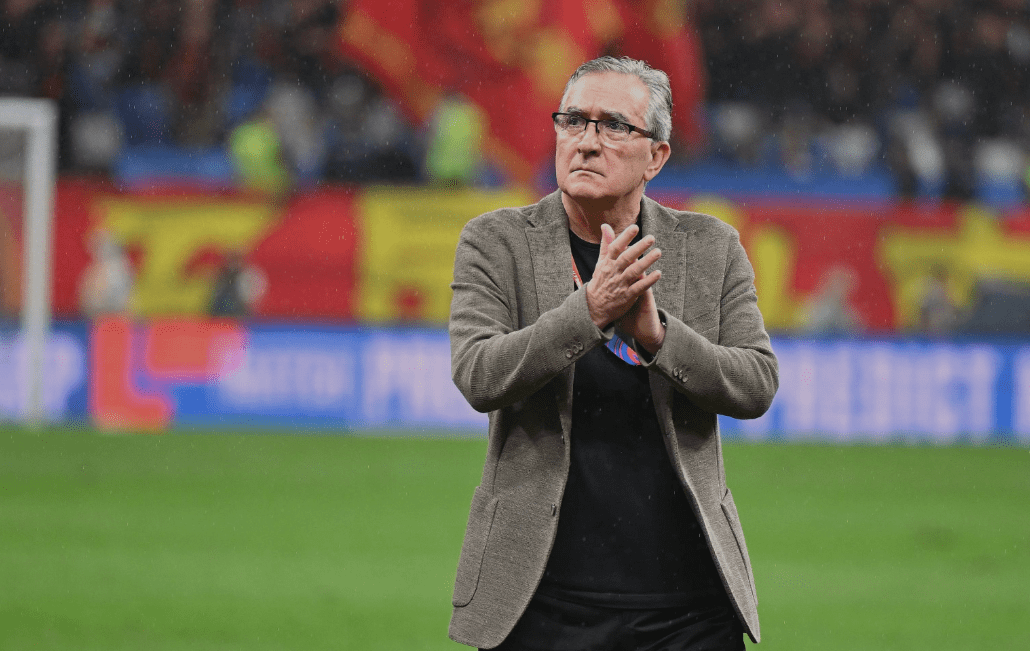
During recent training sessions, three names have stood out: Hou Yongyong, Oscar, and Serginho. These naturalized players are viewed by many as a turning point for the team's strength, but it's important to remember that the concept of "naturalization" itself is controversial.
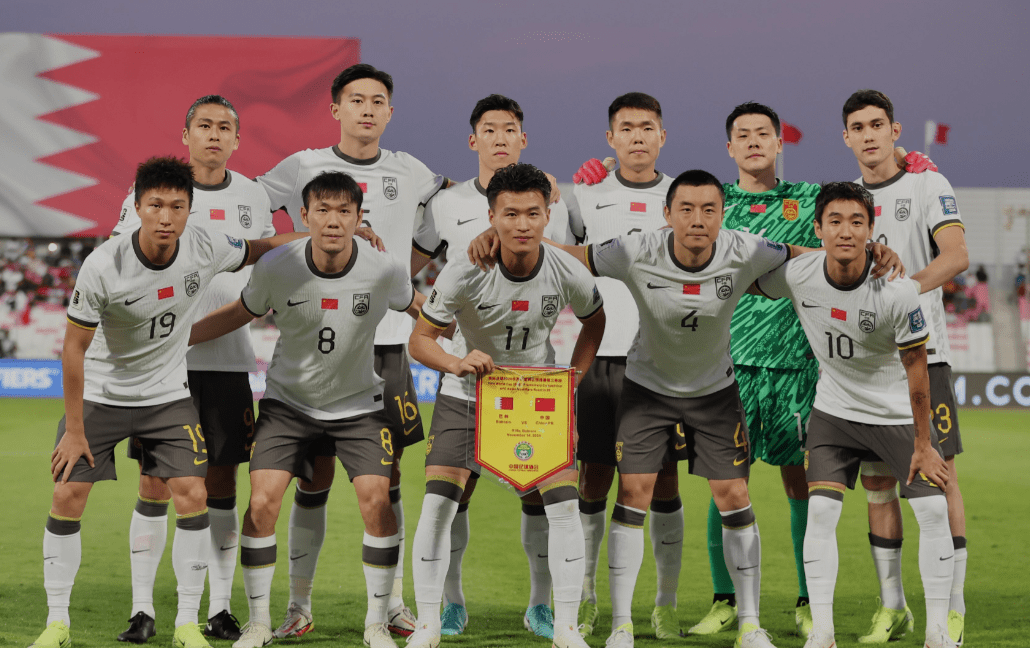
Hou Yongyong, the first naturalized player in Chinese football history, has been a topic of discussion since his return from Norway. Some see him as the future of Chinese football, while others view naturalization as a short-term solution that doesn't address underlying issues.
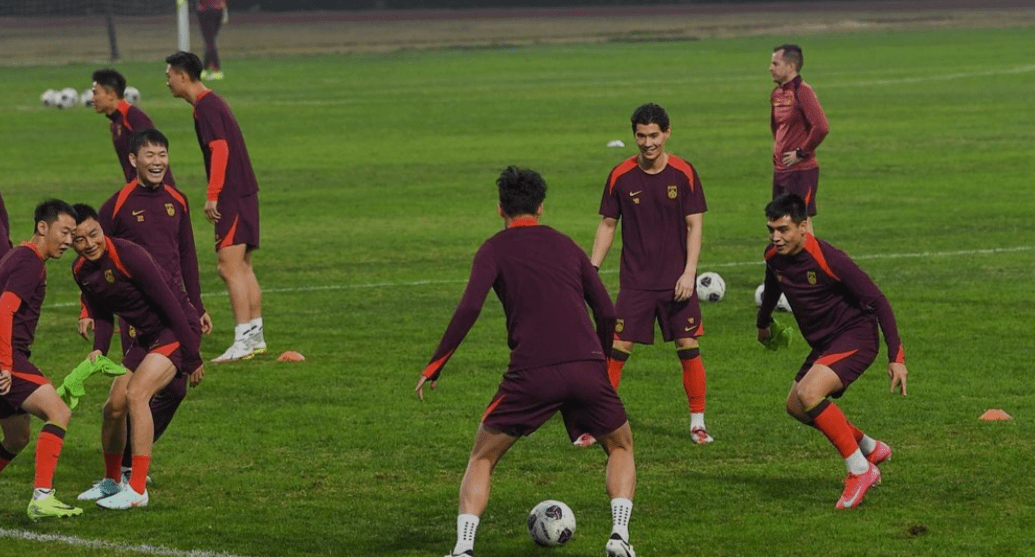
Despite the debate, Hou Yongyong has brought changes to the front line with his speed and flexibility, adding depth to the team's attacking play. He now occupies a key position on the front line, forming a partnership with Zhang Yuning that combines speed and power. Fans eagerly await to see if he can withstand the pressure and silence his critics during the match against Saudi Arabia.
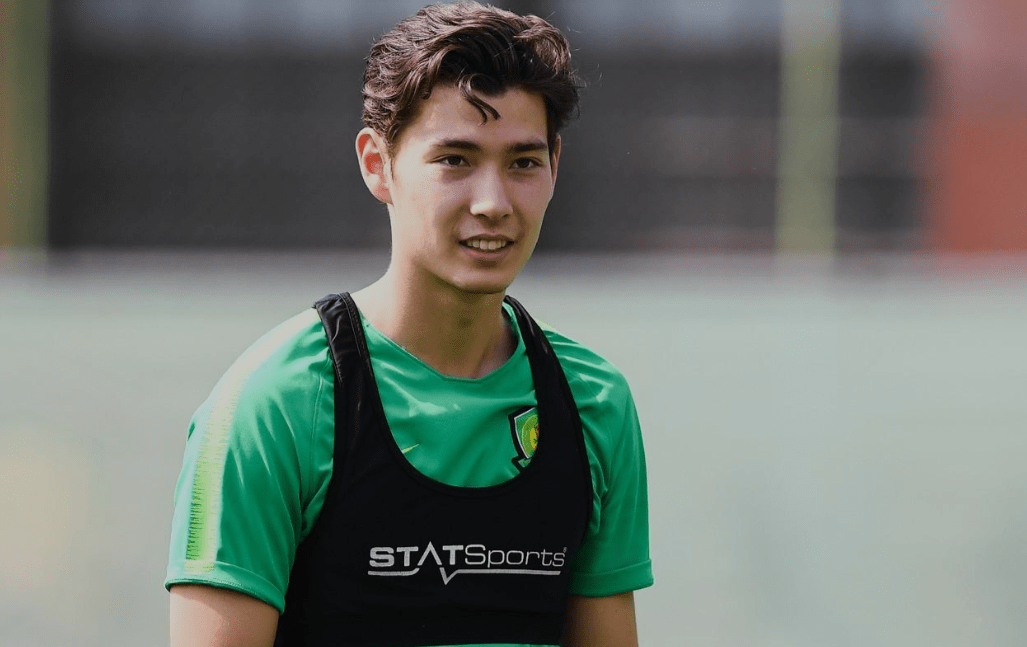
Oscar, known for his time at Chelsea and now playing in the Chinese Super League, is another focal point. His precise through balls and high-level vision have made him a model for midfielders. After naturalization, he is seen as the engine of the national team's midfield, although relying solely on him may be overly optimistic. Football is a team sport, not one that relies on a single star player. Nonetheless, Oscar's skills in ball control and strategic vision will undoubtedly enhance the team's offensive capabilities.
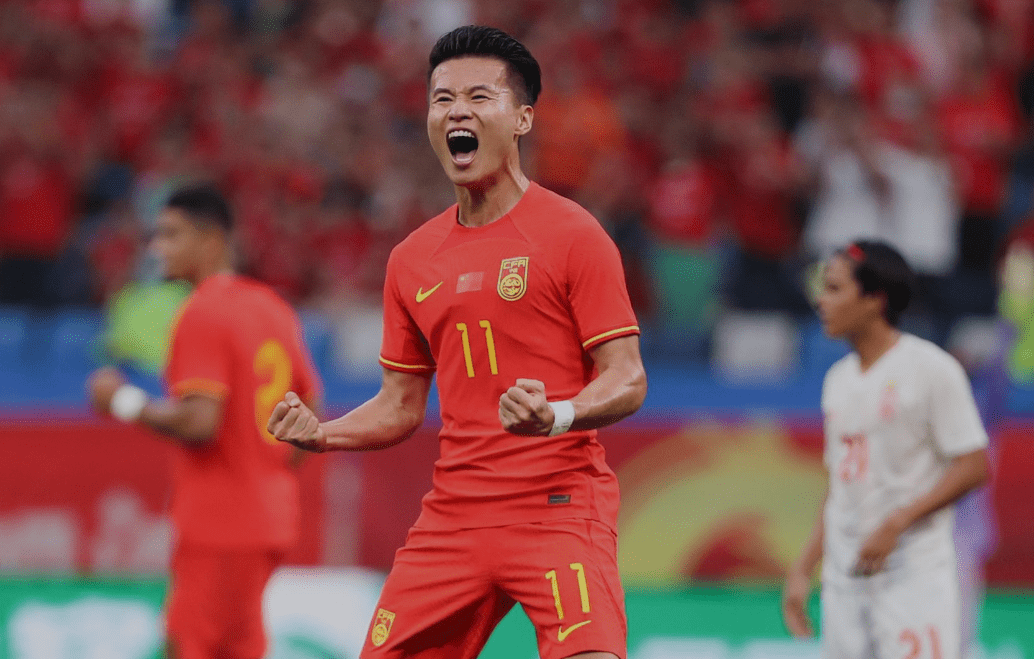
Serginho's role is more akin to a "lubricant," providing stability in the defensive midfield area, which has been a point of criticism for the national team. His solid transition between attack and defense allows the team to operate more smoothly and helps the midfield gain more possession.
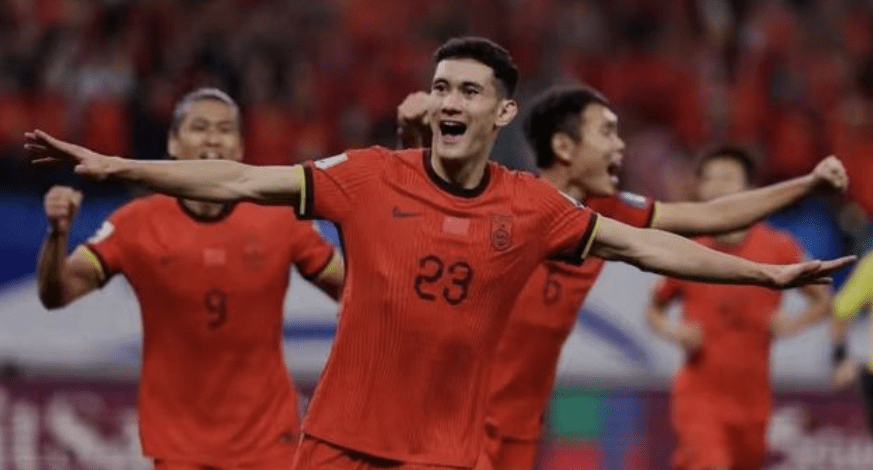
The addition of these naturalized players has indeed injected new life into the team, but whether this "buying technology" approach leads to genuine improvement remains to be seen.
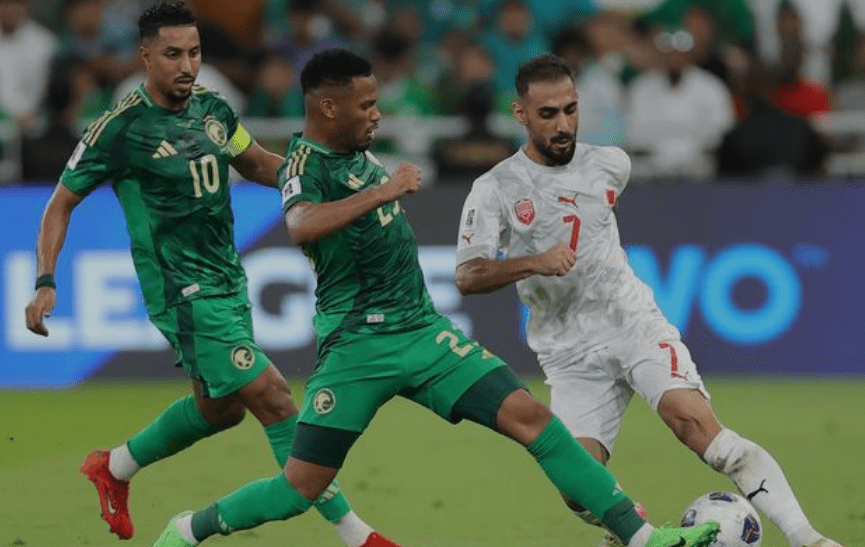
Zhang Yuning, one of China's most reliable forwards, is also in the spotlight. With his height, strength, and ability to create space for teammates, he is often referred to as the "big guy" in the Chinese team. His header goal in last year's World Cup qualifier defined what a "high-quality offense" looks like. The challenge now is how to effectively combine the "native force" with "international blood," which will directly determine the effectiveness of the national team's attack.
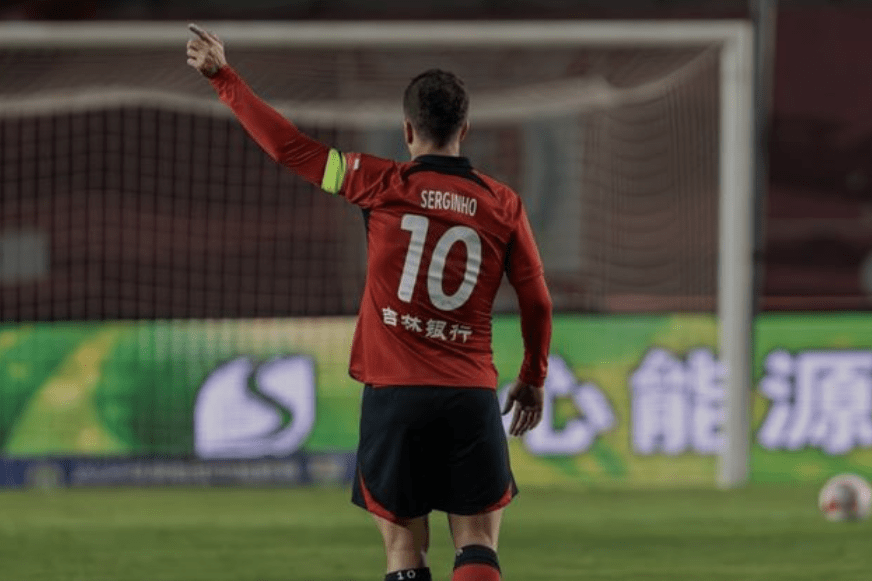
However, the concern with Zhang Yuning is what happens when he is left to carry the team alone. Can he maintain his performance under pressure when the intensity of the game increases and the opponents push forward? This is not the first time such a situation has arisen for the national team, and finding a solution is currently the top priority.

With naturalized players and talented local players in place, the focus now shifts to Ivanković's tactical system. The Croatian coach is not one to engage in theoretical discussions; his 4-4-2 formation is renowned for its balance between attack and defense. Adapting this approach to suit the Chinese team presents a challenge.
Ivanković has clearly put much thought into building the midfield and pairing the forwards. For example, Oscar is tasked with revitalizing the offense, Zhang Yuning with stabilizing the formation, and Hou Yongyong with adding speed. This combination sounds promising. More importantly, he is willing to tailor tactics to the players' strengths rather than imposing his own style rigidly.
The success of the tactics hinges on the players' execution. No matter how brilliant Ivanković's strategies are, he cannot play on the field himself. The players' on-field performance and mental fortitude will directly determine the outcome of the tactics.
When it comes to World Cup qualifiers, Chinese football's history reads like a "yearbook of regrets." In 2002, under the guidance of the legendary Milutinović, China made its first and only appearance in the World Cup. Since then, fate seems to have played cruel jokes on the national team.
The "draw" against Syria in 2017 and the long-standing dominance of Saudi Arabia and Australia over the Chinese team have repeatedly caused heartache for fans. Beyond the skill gap, psychological pressure is the greatest enemy. If the national team can shed their burdens and play confidently in critical matches, every fan would welcome a miracle.
Experts have begun to evaluate the "naturalization policy": theoretically, bringing in high-level players can enhance combat capability; however, in the long run, relying solely on a few star players does not fundamentally solve the problems plaguing Chinese football.
Where do the shortcomings lie? Ultimately, they stem from youth training and the overall football atmosphere. Naturalization is akin to "foam on beer," providing highlights but leaving unresolved foundational issues beneath the surface. How to improve players' stress resistance and team cohesion are not issues that can be resolved in just a few games.
Saudi Arabia and Australia represent formidable obstacles, while the infusion of naturalized players and young talent offers new hope. However, what this match could rewrite is not just the national team's record but the spirit and morale of Chinese football. Breaking through psychological barriers would be an even greater victory.
National team, go for it and don't let us sigh in front of the TV again!
(Disclaimer: The processes and images described in the article are sourced from the internet. This article aims to promote positive social energy without any vulgar or inappropriate content. Should there be any copyright or personal infringement issues, please contact us promptly, and we will delete the content immediately. If there are any questionable aspects of the events mentioned, we will delete or make changes upon contact.)